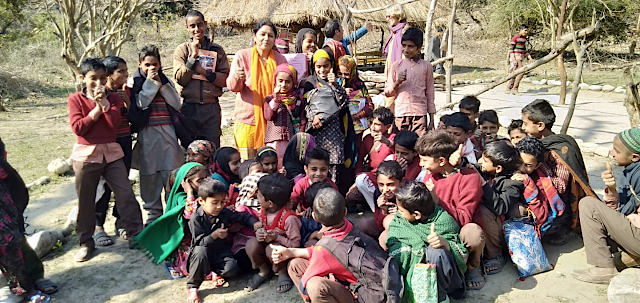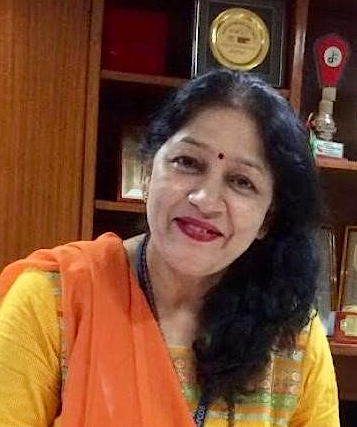Sitting in my office today I can still recall one of my earliest interactions with an old woman with no formal education from Sabli Village. I was a part of a group that was sent to Garhwal hills to conduct a study on a cluster of communities of 10 villages for evolving solutions for rainwater harvesting and conserving water for irrigation and drinking purpose during summers. I vividly remember how that old woman had drawn a picture on the ground with some leaves, twigs and flowers to provide the specific location for designing a pond. I was amazed to see her level of knowledge and practical approach towards resolving conflicts between communities of two villages who had been, up to then, fighting for water. The enmity was brought to end with the creation of a pond at the same location suggested by the old woman and endorsed by the whole community and our technical team. Finally, a four-year programme was conceived with the support of local women by building a fruit and vegetable nursery along the created pond which was managed by a Women Users Group to increase the income of the households. In the four years that followed, I developed a deep bond with these communities by working with them to empower them, especially the women so as to improve their access to water and safe sanitation in hilly terrains.
Working with the non-government sector for seven years provided me with an insight into community perspectives and challenges associated with ground level implementation of policies and programmes. My journey took me to work with 18,000 women self-help groups across 12 states of India to empower them through micro-finance. Access to safe water has always been critical to women empowerment as they are burdened with arranging water for household needs in India and they have to travel long distances to fetch water, mostly in the summers. In the Indian scenario, it has been unequivocally acknowledged that the continued decline in water security or the availability of safe, reliable water as both a commodity and a natural resource, presents an immense risk to sustainable development in the coming decades. Without an equal and active participation by women, it may not be possible to come out of this absolute water scarcity scenario in near future.
Being able to connect and interact with so many women enabled me to work on and keep growing as a better individual and help more and more women to channelize their hidden potential and to provide them with knowledge and skills. I am also determined to drive the behaviour change towards conservation of water and safe hygiene practices among the women by taking-up innovative approaches with the community. Providing women with a platform for capacity building to help them hone their skillset is the need of the hour. With initiatives like Jal Jeevan Mission and Har Ghar Nal, Har Ghar Jal {A tap in every household, (to ensure) water in every household} Scheme, the Government of India is making efforts to ensure that every household in India has easy and safe access to clean potable water. These initiatives clearly have linkages across all the 17 Sustainable Development Goal targets which relate to social and economic development, dependency upon sustainable and reliable water supply and adequate quality and quantity, thereby empowering women and girls who walk miles to fetch water. The guidelines of the Jal Jeevan Mission ensure women participation in all national, state and district level committees and specifies in the Institutional Mechanism to carry out activities by involving youth and women in achieving the mission activities.
As Executive Secretary of India Water Partnership - which is part of GWP South Asia - and with the strength of more than a hundred network partners, we make sure to take up programmes that enable women participation to overcome the traditional barriers and acquire new skills to become better managers. Our programmes are focused on enhancing the role that a woman can play to uplift not only her household but the community at large. As primary providers, managers and users of water, women and youth are uniquely positioned to help in driving productive changes in the water security scenario with their original contributions in designs and maintenance of water systems, water distribution and policymaking.
Top photo: Dr Veena Khanduri with children in Shivalik Hills.


